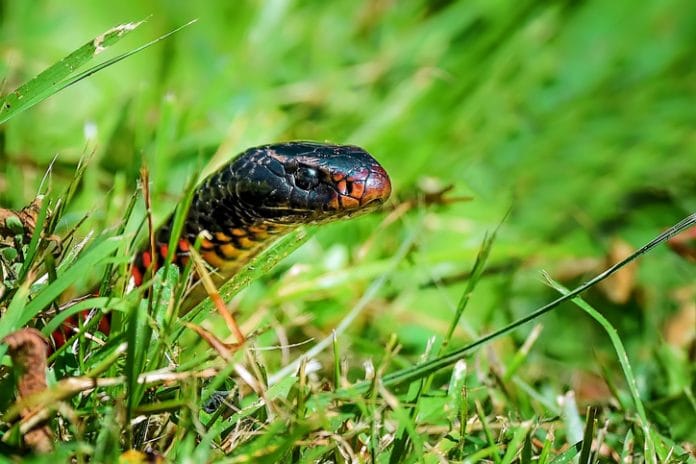As Hunter locals make the most of summer and the festive season, they’ve been warned they’re not the only living things enjoying the eased COVID-19 restrictions.
Spiders and snakes are becoming more active due to the warmer weather, rain and abundance of food from the mouse plague earlier this year.
The Hunter New England Local Health District has already recorded several snake bites this season, including brown and redbellied black snakes.
Clinical toxicologist at Calvary Mater Newcastle, Dr Geoff Isbister says it is important to take steps to avoid being bitten.
“Australians love spending time outside, especially in summer,” he said.
“But while enjoying the great outdoors we’re less likely to be covered up, which can unfortunately leave us prone to a spider or snake bite.”
Dr Isbister suggests wearing covered shoes and long pants when in bushland and advises that residents avoid touching things that could house snakes or spiders.
“Think before you turn up a rock or bark, or probe leaf litter and soil with your bare hands,” Dr Isbister said.
“All of these activities while harmless in nature could lead to an unwelcome encounter.”
“And if you see a snake remember not to approach it.
“More than a quarter of all snake bites in Australia have occurred because a person has approached the reptile trying to scare or kill it.”
If you or someone you know is bitten by a snake or funnel-web spider it is important you know how to respond quickly and properly, as immediate first aid can help save lives.
Here’s what you should do:
- Call 000
- Place a broad, firm bandage around the limb to cover the bite immediately. If the bite is not on a limb, apply firm local pressure
- Keep the person as still as possible. If the bite is on an arm or leg, use a splint to immobilise the limb
As the temperature continues to heat up and we seek comfort at the beach, experts also expect an increase in bluebottle stings, as onshore winds blow them onto Australian beaches.
The recommended first aid for a blue bottle sting is immersing the affected area in hot water (45 degrees Celsius) for 20 minutes.
A hot shower could also ease the sting.
For more information, go to the NSW Poisons Information Centre website.
Get all the latest Newcastle news, sport, entertainment, lifestyle, competitions and more delivered straight to your inbox with the Newcastle Weekly Daily Newsletter. Sign up here.







